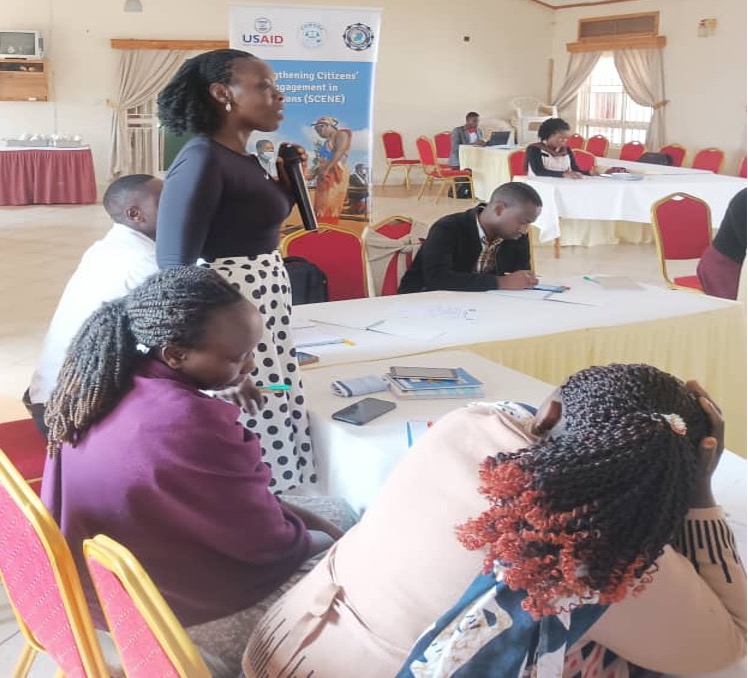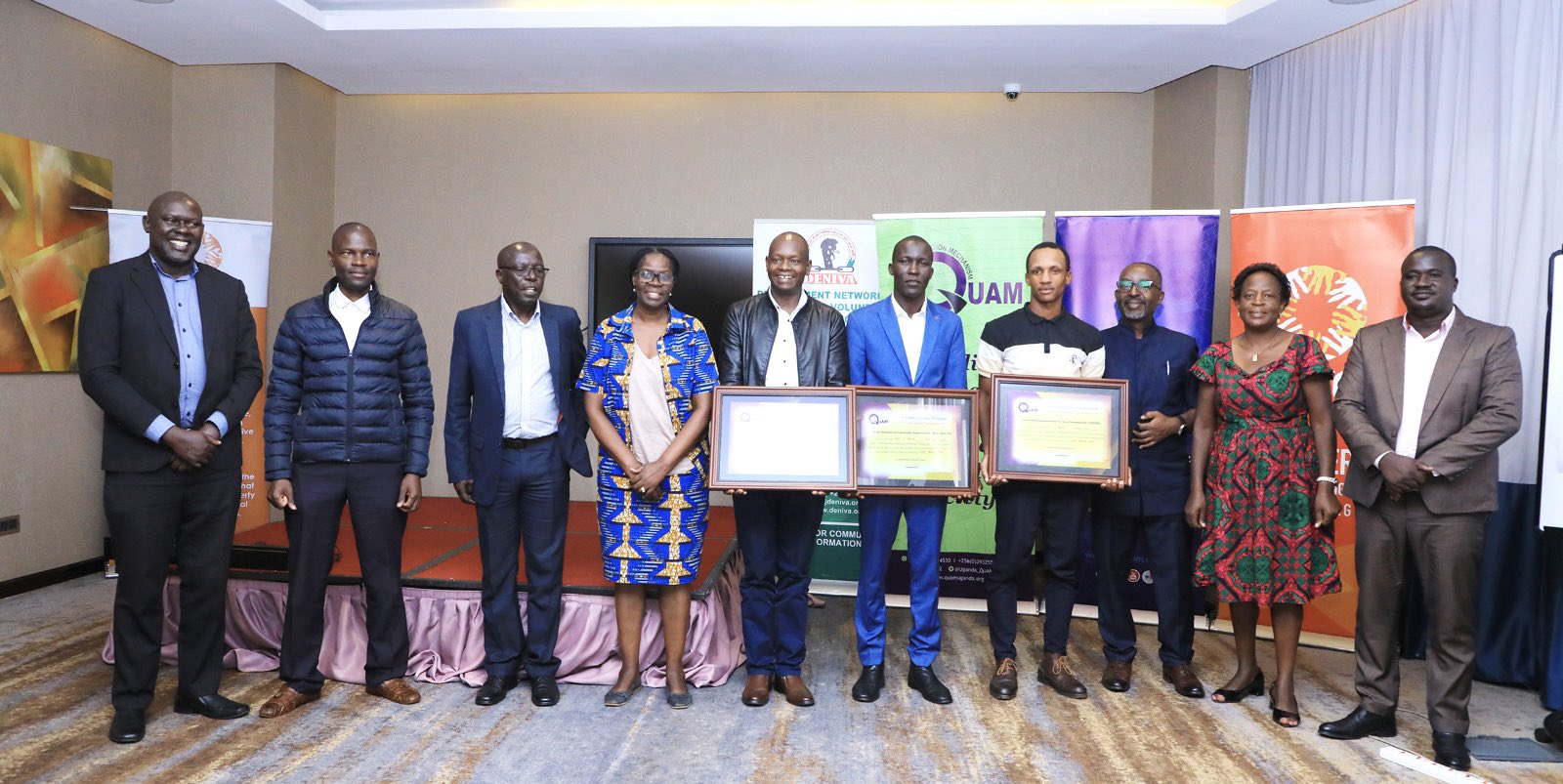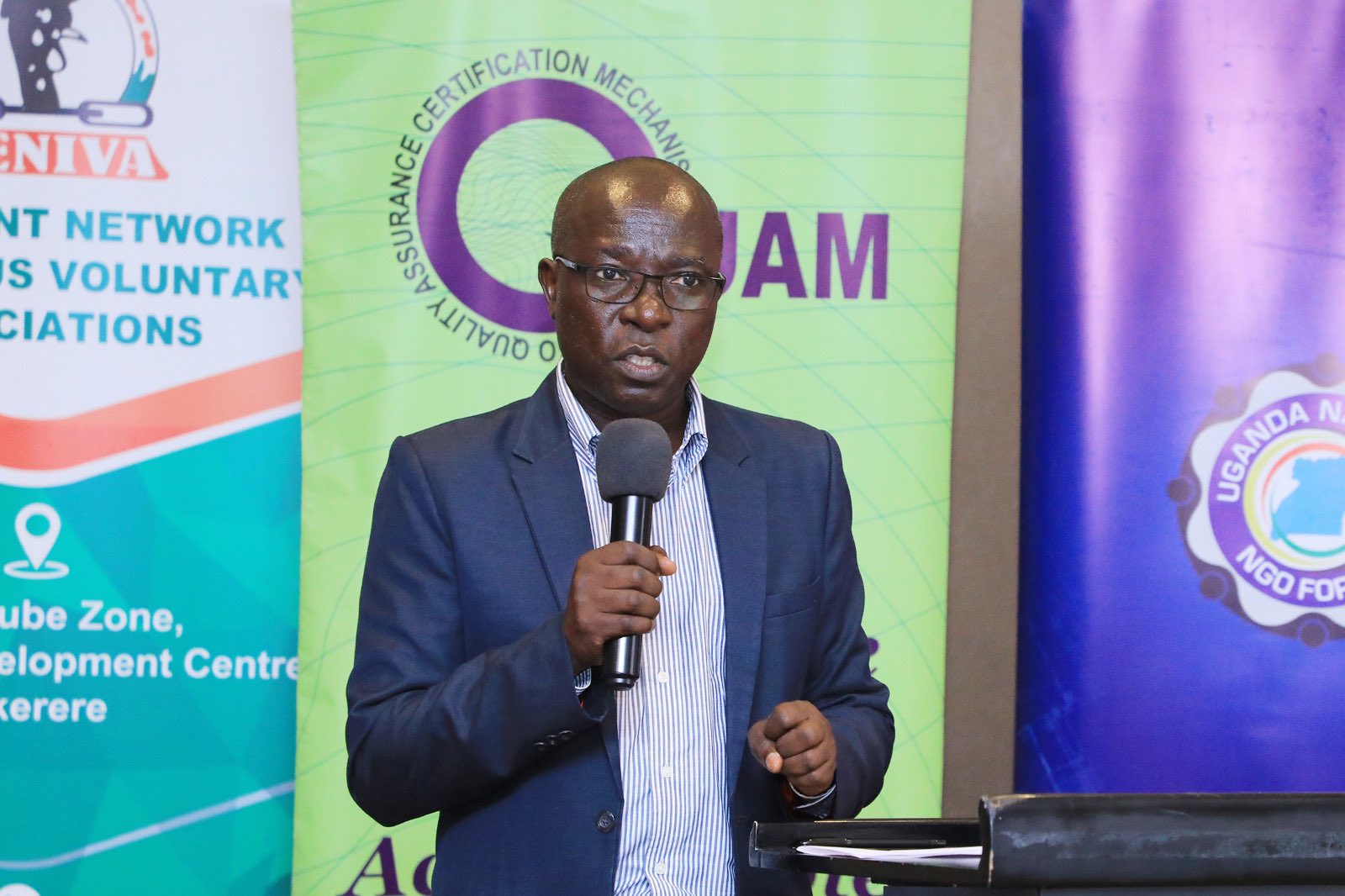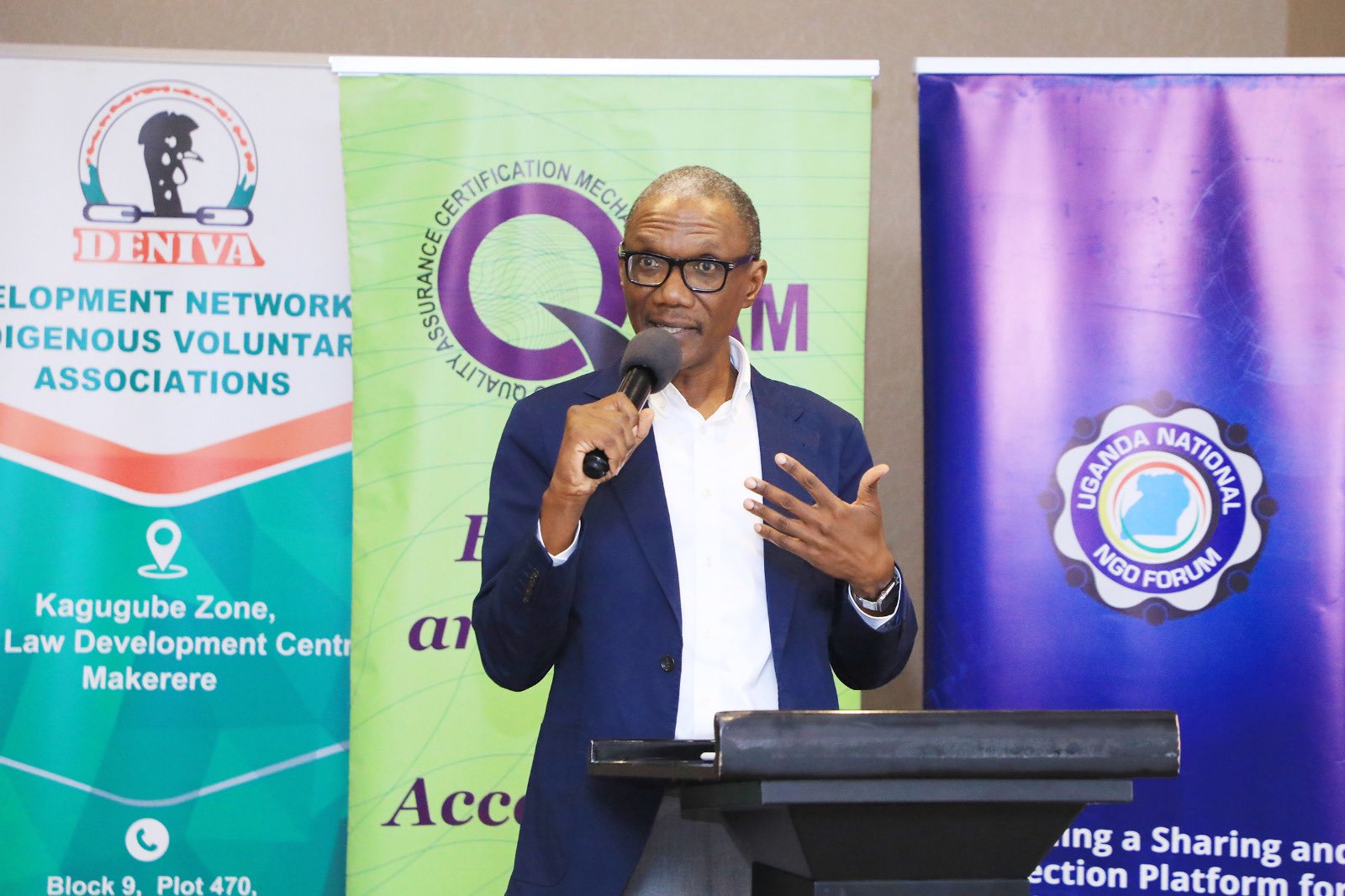
Strengthening Democratic Engagement: A Model of Civic Participation and Accountability in Uganda.
In an era where civic engagement and political accountability are more critical than ever for the sustenance of democratic governance, grassroots initiatives play a pivotal role in mobilising citizens to engage on emerging issues. Kick Corruption out of Uganda (KICK-U) organised an impactful training for Civic Mentors and Topowa Conveners, aimed at empowering citizens to actively participate in political discourse, encourage transparent dialogue, and hold political leaders accountable for their actions in the Kigezi region, Uganda.
In Fort Portal, a dedicated group of civic mentors and conveners gathered for an empowering training session. The event saw a commendable initiative by the District Elections Administrator for Ntoroko District, who acknowledged the efforts of KANCA in creating a conducive environment for the Electoral Commission’s work. In a significant commitment to civic education, he pledged to provide all mentors and conveners with educational handouts that would aid in voter education. He further inspired the citizens to exercise their right to make informed voter choices, emphasising the influential role they hold in the democratic process.
The training in the Tooro region, part of the ongoing effort to strengthen democratic engagement, was honored by the presence of Mr. Hannington Mugasira, the representative from the Midwestern Electoral Commission (EC) office in Fort Portal. Mr. Mugasira addressed the attendees, urging them to actively participate in the electoral process and to hold their leaders accountable. His call to action was clear: to increase citizen interest and oversight in political affairs. He also made a request to KANCA to share the electoral reform proposals with his office, highlighting the collaborative spirit essential for progressive electoral reforms.
This program falls under the auspices of the “Strengthening Citizens’ Engagement in Elections” initiative, a collaborative effort by the Uganda National NGO Forum and the Forum for Women in Democracy (FOWODE), with generous support from the United States Agency for International Development (USAID) in Uganda. Through this endeavour, the Initiative seeks to build a proactive citizenry with capacity to influence transparent electoral and political processes. In this regard, the approach will continuously amplify citizen’s voices from all regions in the country on the need to enhance democratic engagement to foster a culture of accountability and transparency in the electoral processes. These will be discussion meetings on politics and elections, of different formations of people, between 20 to 30 in numbers. These are formations which are either interested in politics or can potentially be mobilised to participate in public political life. The reflections will be held quarterly and each quarter, a different topic will be discussed. The Topowa Model which embraces public political discussions by informal group structures serves as a commendable approach of how local efforts can significantly contribute to fostering political dialogue and demanding accountability from political leaders.
The Significance of Civic Engagement and Accountability
Effective civic engagement is fundamental to healthy democracy, as it allows citizens participation in political processes and ensures that their voices influence decisions that affect their lives. With proper accountability mechanisms, citizens are encouraged to hold political leaders responsible for their actions to ensurre that they act in the public’s interest. In contexts like Uganda’s, where challenges to democratic governance exist, initiatives aimed at enhancing civic engagement and accountability are crucial for democratic deepening and political stability.
Impact on citizens
The effect of such training programs is the creation of a knowledgeable citizenry capable of engaging in informed dialogue and advocacy. With this, political leaders are more likely to be held accountable for their decisions and actions, leading to more responsive governance. Furthermore, by focusing on civic mentors and conveners, the initiative ensures that the momentum for civic engagement and political dialogue is sustainable beyond the election cycle, embedding these practices into the fabric of community life. By demonstrating the effectiveness of grassroots mobilisation and training in enhancing civic engagement and accountability, it provides a scalable model that can be replicated in different contexts across the country. As this model demonstrates its effectiveness, it could have far-reaching impact in strengthening democracy in Uganda, as increased citizen participation and accountability mechanisms become more entrenched nationwide, undoubtedly paving the way for a more inclusive and responsive political landscape.



